TEHRAN(Bazaar) – Professor Hossein Askari, who teaches international business at the George Washington University, says the restoration of the JCPOA will not be a silver bullet for Iran.
He adds: “Israel and Trump have hurt Iran more than you can imagine. Iran should work with all interested parties to make economic sanctions illegal.”
Following is the text of the Bazaar interview with Professor Hossein Askari.
Q: By issuing a joint statement between Iran, Saudi Arabia, and China, it is decided that Tehran and Riyadh will reopen their embassies within the next two months. What effects will the importance of restarting relationships have?
A: I believe that by restoring relations, they will at least communicate and settle some small differences before they mushroom into something much bigger and harder to resolve. But there are important points of conflict between the two countries that a piece of paper cannot settle. The Saudis and the house of Saud look down on Shia Moslems. The al-Sauds simply don’t trust the regime in Tehran. They believe that Iran wants to overthrow them and install a regime more to its liking. They believe that Iran wants to dominate the region. So, they are developing their relations with China, Russia and encouraging Arab states to warm up to Israel as another partner that can move to United States before they have relations with Israel. As far is Iran is concerned, they feel that Saudi Arabia affords Western powers, especially the United States, military bases which threaten Iran. And as Saudi Arabia gets closer to China and especially to Israel, Iran’s distrusts will only grow.
Q: The dialogues between Tehran and Riyadh were followed by the mediation of Iraq and Oman. However, the restart was announced in China in a tripartite statement. What is the reason for this? Was there a need for guarantees that only China could provide?
A: China has had meaningful contacts with both countries. President Xi of China has visited Riyadh. President Raisi has visited China. Both Iran and Saudi Arabia see China as the emerging rival to the United States and a country that they both need. So, they are more willing to listen to China than to any other country. And China sees a great opportunity to expand its business and political interests in the region. But China has a difficult balancing act ahead—to keep both Iran and Saudi Arabia happy as it develops relations with one or the other.
Q: In the joint statement between Iran, Saudi Arabia, and China, it is stated: The three countries declare their decisive will to use all efforts to strengthen regional and international peace and security. It seems that China is designing a kind of regional architecture in which tensions will be reduced in favor of its interests. What is your assessment?
A: Yes, Saudi Arabia wants regional peace. If the region becomes more stable, foreign investors will likely rush to invest in Saudi Arabia. MBS is trying desperately to diversify the Saudi economy away from oil. He needs foreign companies and investors to do this. China wants to play a big role in this and I believe it sees Saudi Arabia as a more promising partner than Iran. Reginal peace and stability is important before investors and companies expand their presence in the Persian Gulf. Israel will not be happy about these developments. China can get all the oil and LNG that it needs from these two countries and as Iran prospers, it will provide a big market for Chinese goods.
Q: In the joint statement, the implementation of the security cooperation agreement signed in 2001 as well as the general agreement on economic, commercial, investment, technical, scientific, cultural, sports, and youth cooperation, signed in 1998, is emphasized. What is the importance of implementing this agreement and will it affect the decision to normalize relations between Saudi Arabia and Israel?
A: Establishing relations between Iran and Saudi Arabia is important. It is a first step. But to produce results and big dividends for the two countries, will require hard work and time. The two countries should appoint high level delegations from each side to continually work on reducing the many areas of mistrust and fundamental differences that exist. But Saudi Arabia will not normalize relations with Israel until more Arab countries develop relations with Israel. Saudi Arabi wants to be the last Arab country to do so in order to build its pro-Palestinian credentials. But all along it has done almost nothing to support the Palestinian cause. The al-Sauds care little for the suffering Palestinians. If Saudi Arabia and the rest of the GCC really cared, they would pressure the United States to do more—defend Palestinian rights and establish a just two-state solution.
Q: Considering the issuance of this statement and the positive visit of Rafael Grossi to Iran and the non-issue of a resolution by the Board of Governors of the International Atomic Energy Agency against Iran, it seems that the ground has been prepared for the start of the JCPOA revival negotiations. Do you agree with this argument?
A: Yes, Iran wants to restore the JCPOA in order to get sanctions relief. But Iran is being very naïve. At most, and I mean at most, Iran could export more oil. But even that will be challenged within OPEC and by Russia. What Iran needs is much more. A firm such as Bechtel to bring Iran’s LNG potential to life as it has done for Qatar. Iran needs many more big multinational corporations and financial institutions to invest in Iran and unlock Iran’s full economic potential. But they will not for years because they are afraid that the United States might re-impose sanctions at any time. The restoration of the JCPOA will not be a silver bullet for Iran. Israel and Trump have hurt Iran more than you can imagine. Iran should work with all interested parties to make economic sanctions illegal.








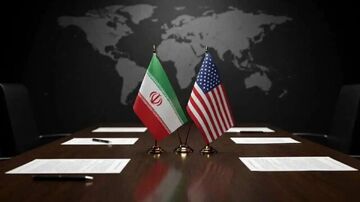
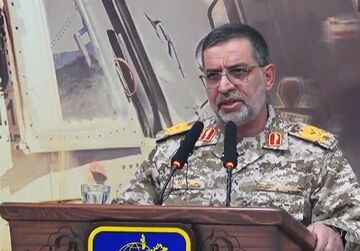
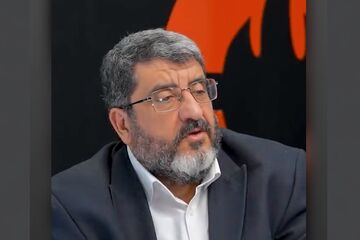

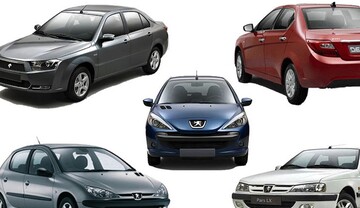
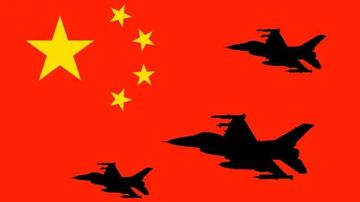
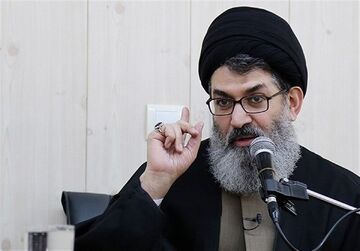

نظر شما